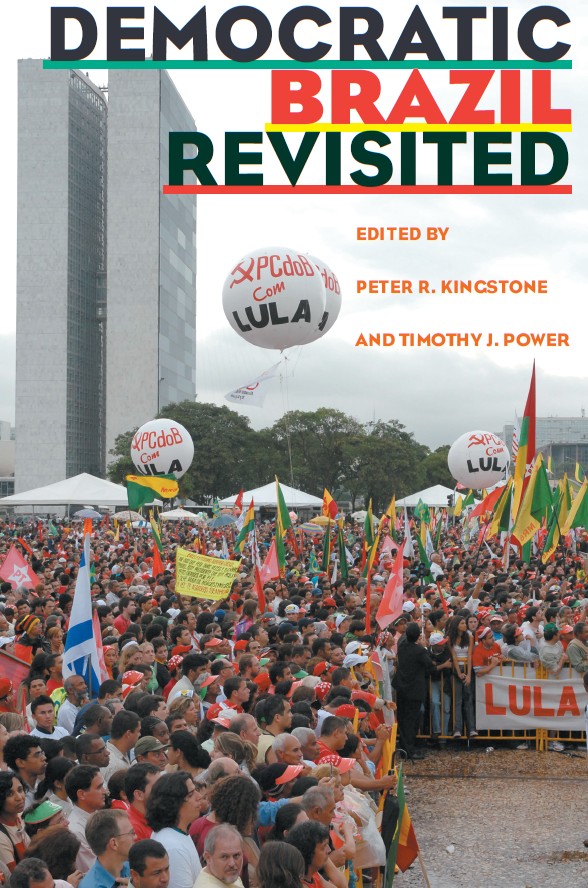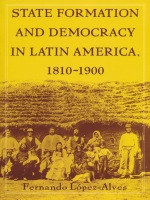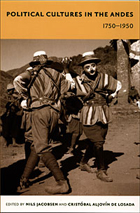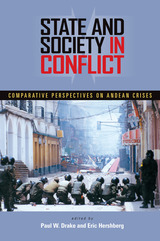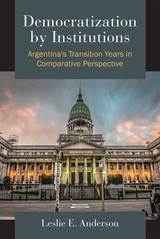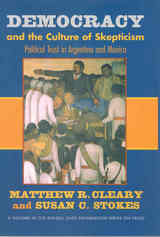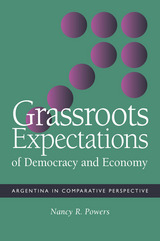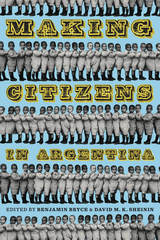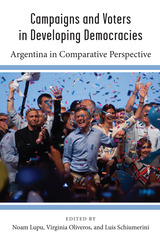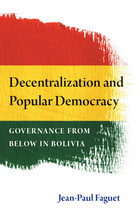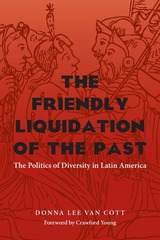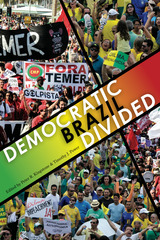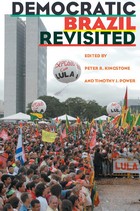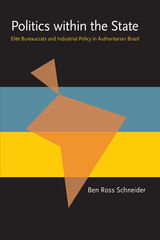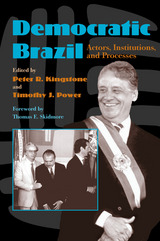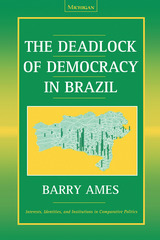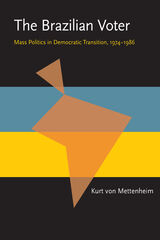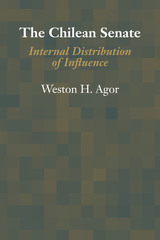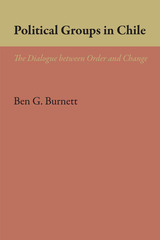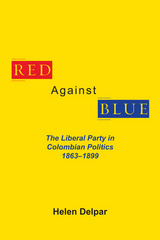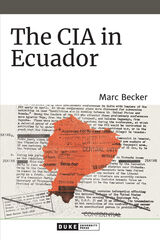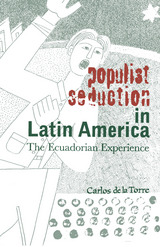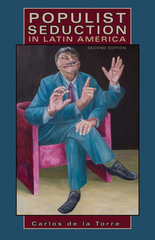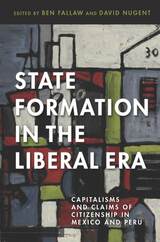Democratic Brazil Revisited
University of Pittsburgh Press, 2008
Paper: 978-0-8229-6004-1 | Cloth: 978-0-8229-4354-9 | eISBN: 978-0-8229-7347-8
Library of Congress Classification JL2431.D46 2008
Dewey Decimal Classification 320.981
Paper: 978-0-8229-6004-1 | Cloth: 978-0-8229-4354-9 | eISBN: 978-0-8229-7347-8
Library of Congress Classification JL2431.D46 2008
Dewey Decimal Classification 320.981
ABOUT THIS BOOK | AUTHOR BIOGRAPHY | REVIEWS | TOC | REQUEST ACCESSIBLE FILE
ABOUT THIS BOOK
As the world's fifth-largest country, Brazil presents a compelling example of democracy in action. In this sequel to their landmark study Democratic Brazil, editors Peter Kingstone and Timothy Power have assembled a distinguished group of U.S.- and Brazilian-based scholars to assess the impact of competitive politics on Brazilian government, institutions, economics, and society.
The 2002 election of Lula da Silva and his Worker's Party promised a radical shift toward progressive reform, transparency, and accountability, opposing the earlier centrist and market-oriented policies of the Cardoso government. But despite the popular support reflected in his 2006 reelection, many observers claim that Lula and his party have fallen short of their platform promises. They have moved to the center in their policies, done little to change the elitist political culture of the past, and have engaged in “politics as usual” in executive-legislative relations, leading to allegations of corruption.
Under these conditions, democracy in Brazil remains an enigma. Progress in some areas is offset by stagnation and regression in others: while the country has seen renewed economic growth and significant progress in areas of health care and education, the gap between rich and poor remains vast. Rampant crime, racial inequality, and a pandemic lack of personal security taint the vision of progress. These dilemmas make Brazil a particularly striking case for those interested in Latin America and democratization in general.
The 2002 election of Lula da Silva and his Worker's Party promised a radical shift toward progressive reform, transparency, and accountability, opposing the earlier centrist and market-oriented policies of the Cardoso government. But despite the popular support reflected in his 2006 reelection, many observers claim that Lula and his party have fallen short of their platform promises. They have moved to the center in their policies, done little to change the elitist political culture of the past, and have engaged in “politics as usual” in executive-legislative relations, leading to allegations of corruption.
Under these conditions, democracy in Brazil remains an enigma. Progress in some areas is offset by stagnation and regression in others: while the country has seen renewed economic growth and significant progress in areas of health care and education, the gap between rich and poor remains vast. Rampant crime, racial inequality, and a pandemic lack of personal security taint the vision of progress. These dilemmas make Brazil a particularly striking case for those interested in Latin America and democratization in general.
See other books on: 2003- | Kingstone, Peter | National | Political participation | Power, Timothy J.
See other titles from University of Pittsburgh Press
